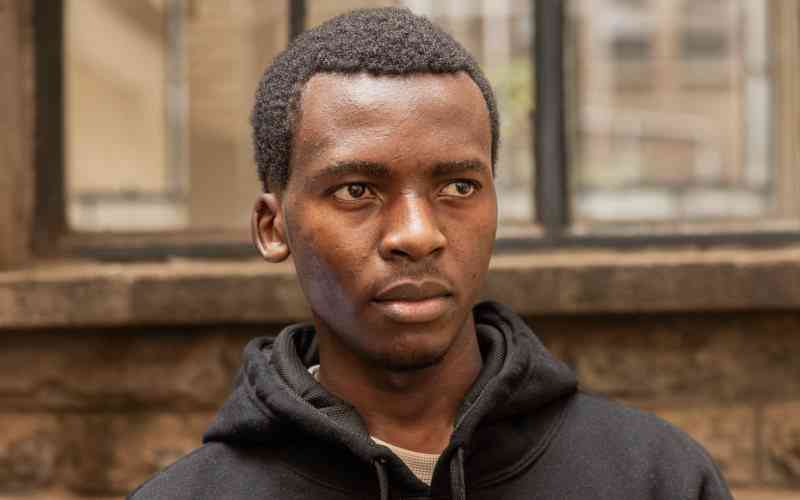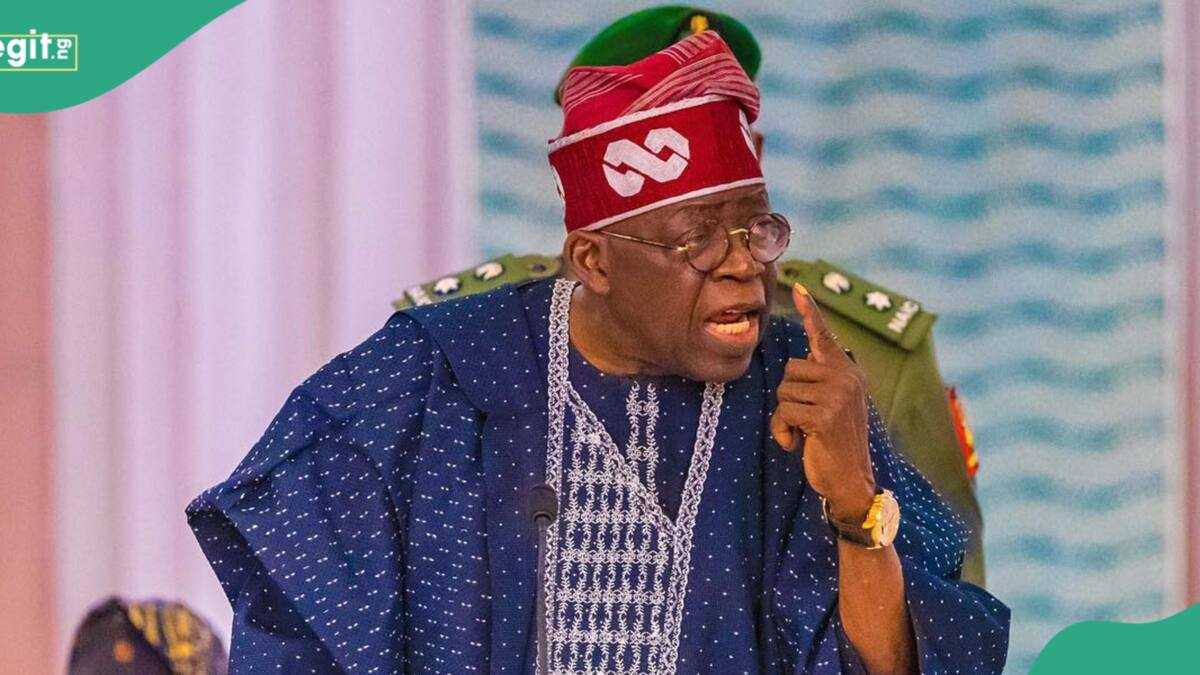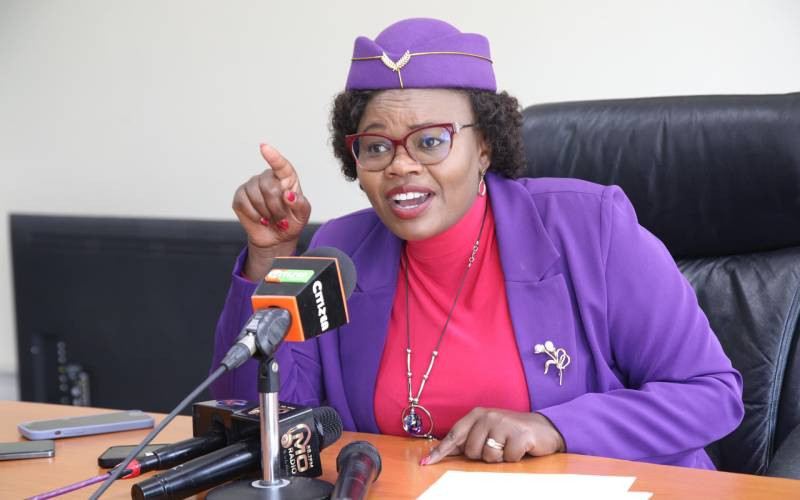Ghanaian families drop local languages to show off English skills - experts warns against language shift - MyJoyOnline
Language experts are raising concerns about the growing number of Ghanaian families who prefer speaking English at home instead of their native languages. They say many parents do this to show that their children speak good English, but warn that the trend is harming efforts to preserve Ghana’s local languages.
Head of the Department of Linguistics at the University of Ghana, Professor Opanin Kofi Agyekum, says choosing English over local languages does not make anyone more important. He believes every language is valuable and should be used to support the people who speak it.
“In many homes in Ghana, people do not speak their native languages – they prefer to use English, that, meba no ɔka brɔfo kasa no yie pa ara - to wit my child speaks good English. Our cultural heritage is our language,” he stated.
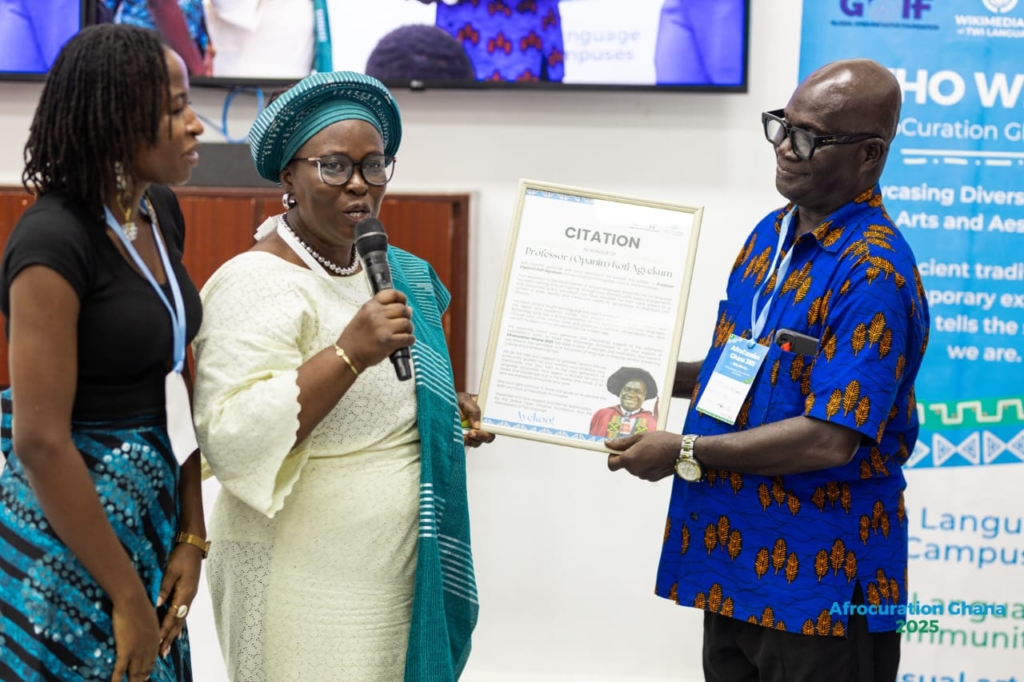
Prof. Agyekum says Ghanaians need to develop a positive attitude towards their local languages. He believes that if people value their native tongues, they will teach them to the next generation.
“We will let our children cherish that this is another language,” he said, stressing the importance of encouraging children to take pride in speaking their mother tongues.
He was speaking at the 2025 AfroCuration Ghana, an event that brought together speakers of seven Ghanaian languages, academics, language experts, and digital activists to promote and preserve African identities on Wikipedia.
The initiative focused on creating content in Twi, Dagbani, Gurene, Moore, Ewe, Kusaal, and Dagaare, aiming to help bridge Africa’s digital divide.
More than 80 participants from across the country took part in training sessions on how to edit and translate Wikipedia articles about African artworks, artists, and cultural traditions. Using reliable sources and writing in their native languages, they worked to make knowledge accessible to a wider range of communities.
A senior lecturer at the Department of Language and Communication Sciences, Dr. Emmanuel Antwi Fordjour, says language is a key part of a people's culture and identity. He noted with worry that some people even feel shy to speak their own language, describing this as a negative attitude.
Dr. Fordjour encouraged educated Ghanaians to take the lead in preserving and promoting their native languages.
“If linguists do not put up their best, it will come to a time that all these languages will become defunct and that is what we want to avoid,” he said.
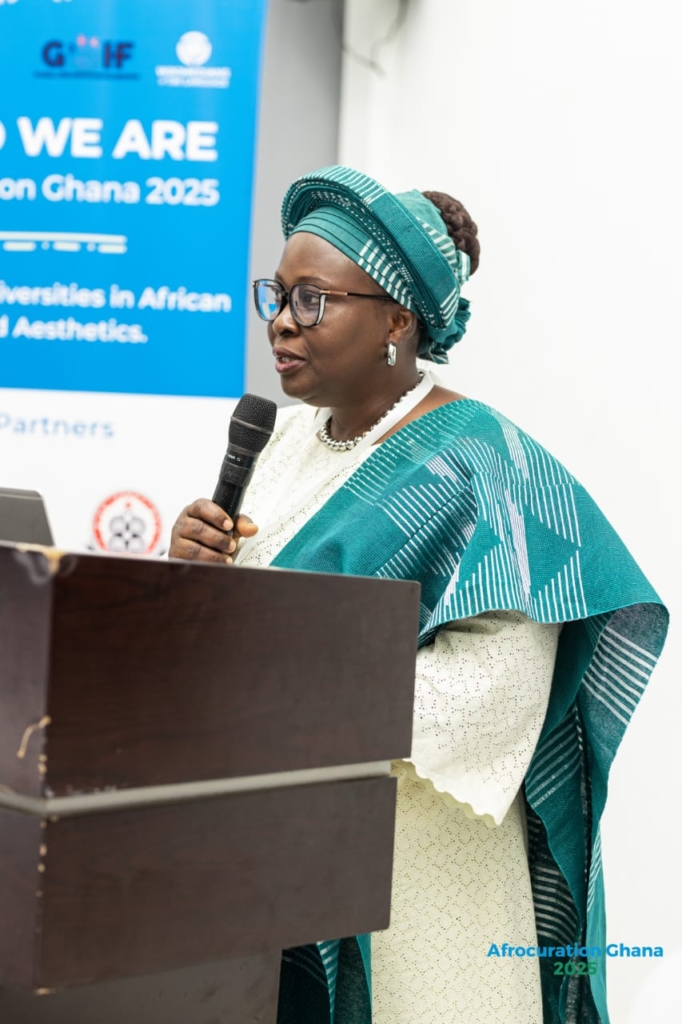
Another Senior Lecturer at KNUST Dr. Mrs. Faleke Victoria Ogunnike, says no language should be considered “local” and warns that when a language dies, many important things, including agricultural knowledge, are lost.
“In Ghana, we are too friendly with exoglossic languages like English, French, German, and what have you,” she said.
Dr. Ogunnike noted that while speakers of these foreign languages encourage Ghanaians to preserve their own languages, many Ghanaians are instead suppressing their identity by neglecting their native tongues.
According to her, students who excel in their native languages should be given the chance to enter university, because doing well in an indigenous language shows intelligence.
Professor Akwasi Adomako says one way to preserve and maintain local languages is through art. He explained that artworks carry messages that reflect language and culture. He cited his piece "My Hands Are Not for Begging," which highlights the importance of protecting natural resources.
“Within the artwork, there is language. As soon as I give an artwork to you to look at, it speaks to you—and when it is speaking to you, it is language,” he said.
Held at the Kwame Nkrumah University of Science and Technology (KNUST) in Kumasi, the major cultural and digital empowerment programme was organised by the Wikimedians of Twi Language, with support from the Global Open Initiative Foundation and funding from the Wikimedia Foundation. It was held in partnership with the Language and Communication Sciences Department at KNUST and the Akan/Nzema Education Department at the University of Education, Winneba (UEW), Ajumako Campus.
Professor Charles Ofosu Marfo, also at the Kwame Nkrumah University of Science and Technology (KNUST), described the event as an important initiative that deserves national recognition. He noted that the event plays a vital role in promoting the use of indigenous Ghanaian languages in the digital space, especially on platforms like Wikipedia.
According to him, language is more than a tool for communication, it is a reflection of identity, heritage, and knowledge systems. He praised the event for empowering young people to create and share content in their mother tongues, saying this helps to preserve and protect Ghana’s rich linguistic and cultural diversity.
“I thought it was a noble idea to send information throughout the world,” he said, emphasizing the global relevance of showcasing African stories in local languages.
Project Lead for AfroCuration Ghana 2025, Jemima Antwi, noted that although there are over 2,000 African languages, many are missing from the Internet, making Wikipedia a key tool for digital inclusion.
“We have over 2,000 African languages, yet our voices are missing on the Internet. While Swahili is making remarkable strides, other languages must rise too. Wikipedia is a powerful tool for digital inclusion, and we are here to change the narrative.”
Executive Director of the Global Open Initiative Foundation, Harriet Henry Bayel, echoed the concern and emphasized the urgent need to document African languages online.
“AfroCuration gives us the space to take action,” she said. “Africans cannot allow their rich linguistic heritage to disappear while the world moves forward digitally.”
AfroCuration, started by the Moleskine Foundation, is more than a program—it is a movement that brings together art, language, heritage, and digital skills to equip young Africans with tools to protect and promote their cultures online.
The Views, Comments, Opinions, Contributions and Statements made by Readers and Contributors on this platform do not necessarily represent the views or policy of Multimedia Group Limited.
The Views, Comments, Opinions, Contributions and Statements made by Readers and Contributors on this platform do not necessarily represent the views or policy of Multimedia Group Limited.
